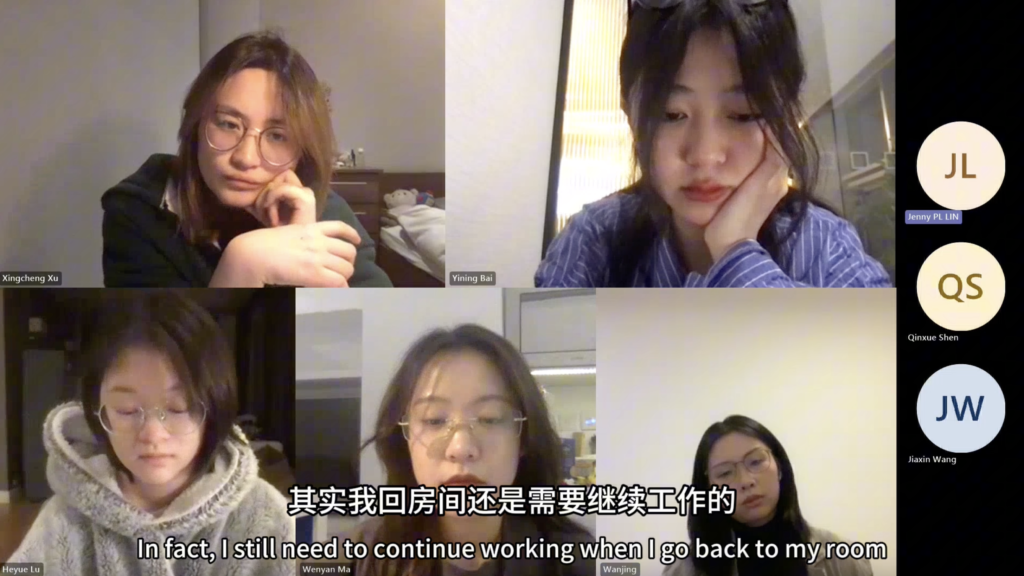
Q: What were your expectations before joining the collective you are now part of?
A: My initial expectation was that I could bring more value to the team and that the resources of the team could help my personal career development. At the same time, I also think that the length of a career is not directly proportionally the ability (professional). That is why I was disappointed when I found that they tended to judge my ability by a single criterion, the years of work.
Q: In this collective, apart from being an artist, what would you describe as your main role within it? Can you give us an example?
A: Initially, I embarked on this collective as a photography assistant, subsequently transitioning into the official role of a photographer. I found some remarkable parallels between my responsibilities and those of galleries’ or curators’ assistants within the realm of contemporary art. This means my engagement with photography was very limited, as the majority of my time was dedicated to trivial tasks, such as handling camera lenses, messaging, and so on. Despite the prevailing stereotype that women are inherently physically weaker, I found myself consistently tasked with a myriad of physically demanding responsibilities as an assistant. This sometimes could be attributed to my status as a female member of the team, which seemed to automatically designate me as a person for menial tasks, reminiscent of the traditional division of labour within a household.
Q: How are the roles distributed within the collective? (Who oversees assigning roles?) And why (you or them)?
A: Generally speaking, resources are distributed by the male. In our team, we have a senior photographer, who is in charge of shooting the main part of the show. He is the most experienced both in terms of professional ability and contacts. So, he is basically the one in charge of assigning tasks.
Q: Have there been any instances where you have been treated differently from your male colleagues?
A: I would like to say that male photographers generally reckon that female photographers are inferior to them. The leader of my collective frequently expresses criticism in a satirical manner, which causes me discomfort. They also implicitly exhibit less respect towards female photographers from other teams and perpetuate the notion that female photographers play a marginalized role. In addition, female photographers are always required to wear gender-neutral clothes in order to embody that we are as professional as our male counterparts.
I have observed that male photographers care a lot about their dignity. When male photographers realise that some female photographers are superior to them, instead of showing appreciation and respect, they get angry and attribute their achievements to luck.
Moreover, I’m unable to express my tired emotions like my male counterparts. Once I express my feelings firstly, the leader will criticize me for not being able to handle the job physically. As a result, you may get fewer job opportunities in the future.
